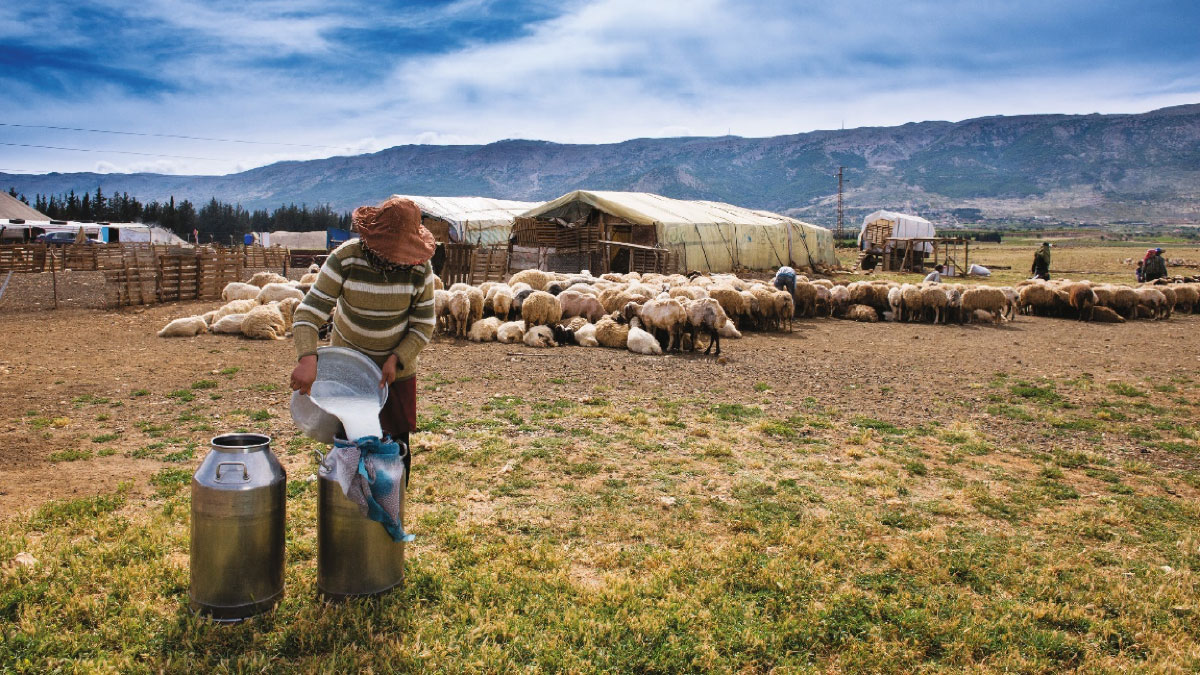Hima for Peace: Actions speak louder than birds
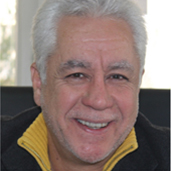
Assad Serhal
Director General, Society for the Protection of Nature in Lebanon (SPNL)
MIDORI Prize Winer , 2018 ( Citation Attached )
The Society of the Protection of Nature in Lebanon (SPNL) was established in 1984 as a national environmental NGO with the intention of raising awareness on environmental issues and protecting natural areas in Lebanon. In addition, in a time of political instability, its target was to unify the country and its people to reach a conflict resolution. Thus, with the Hima concept, it aimed at creating a traditional and cultural community based approach used for the conservation of sites, species, habitats and people in order to achieve the sustainable use of natural resources.
SPNL aims through its work to promote and spread the sustainability concept among the communities using the Hima approach as the bridge to achieve sustainable hunting, fishing, grazing and use of water resources. The Hima approach concentrates on empowering the local community, upgrading their livelihood and promoting sustainable use of natural resources.
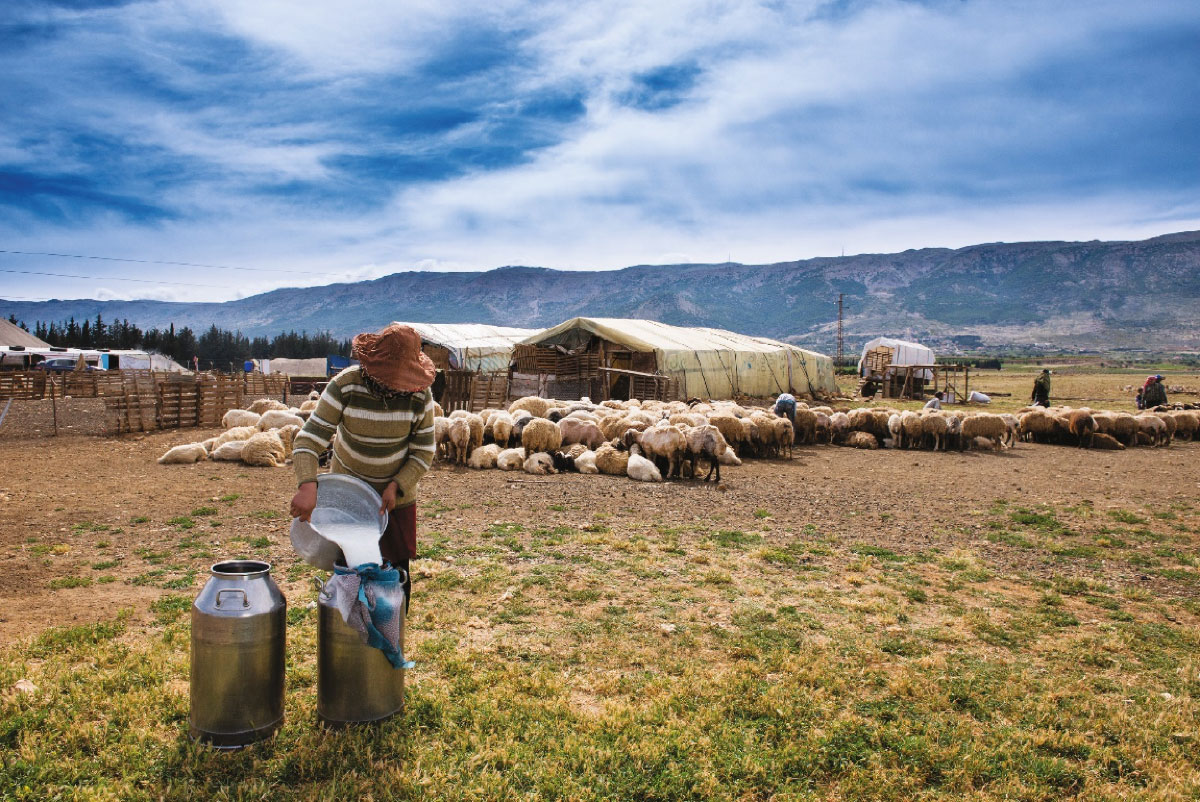
Photo: Assad Saleh
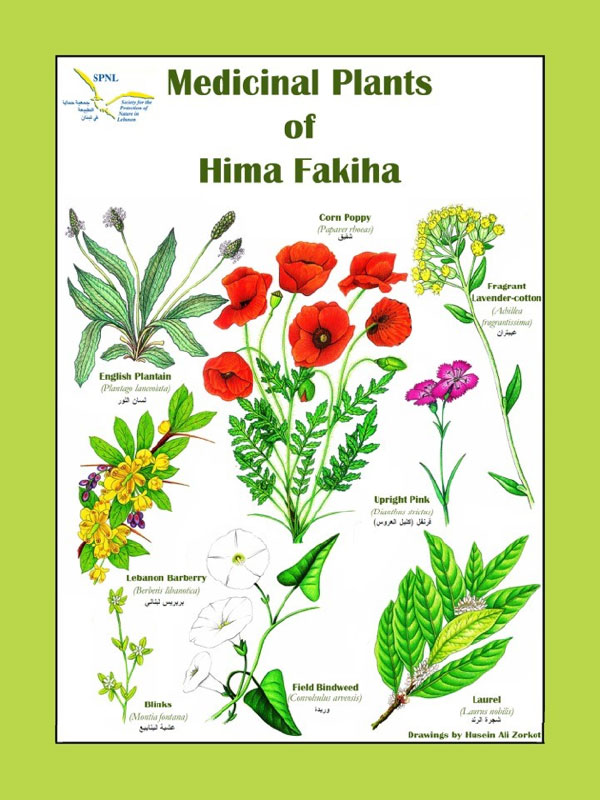
Medical Plants of Hima Fakiha
Created in 1996, the Shouf Cedars Reserve is the largest nature reserve in Lebanon, with approximately 5% of the territory. It is located at an altitudinal range of about 1000 – 1980 meters in the Southern half of Mount Lebanon and includes the Aammiq Wetland in the Beqaa foothills and Qaraoun artificial lake , columinated with a signed MOU with The Litani River Authority , Year 2019 .
With the collaboration of the MAVA foundation, Swiss Embassy , SDC , SPNL and Al Shouf Cedar Society (ACS) will be working together to unite the communities of the Shouf Mountain and West Beqaa and expanding the territory of the Hima. With this merger of the Shouf Biosphere Reserve with the west beqaa Himas, they will become one and share their resources for the benefits of both areas & over 20 communities , representing over 6% of the Lebanese territory , and more than 5 KBAs / IBBAs .
The Shouf project focuses on building ecological and socio-economic resilience to the impact of the anthropogenic and climate changes that are speeding up ecological degradation and biodiversity loss in the Shouf eco-cultural landscape. By improving the scientific knowledge and gathering data on biodiversity indicators related to the eco-cultural landscape of the Shouf, we can help restore the nature and species.
In addition, the project will tackle green growth, economic diversification and infrastructures for biodiversity conservation and socio-economic development, building on the unique territorial identity of the Shouf and on the green growth opportunities offered by the production and marketing of agro-forestry products (medicinal, aromatic, edible plants, honey) and services (eco-tourism) with a special focus on the empowerment of women and youth , thanks to the full support from The Critical Eco-System Partnership Fund ( CEPF ) .
The new generations are at the heart of this project since they constitute the future of the reserve and the protectors of their land. It is essential to educate them on the value of the eco-cultural landscape of the Shouf, through building a new generation of environmentally aware and conscious citizens proud of their land and ready to help restore its nature.
SPNL recognizes the importance of involving local communities in the conservation of their natural resources. For the purpose of protecting birds, nature and biodiversity and in collaboration with municipalities and local people, SPNL succeeded in reviving the traditional Hima approach. Upon the establishment of the Hima sites, SPNL has promoted the establishment of Local Conservation Groups (LCG) & Homat Al-hima ( Hima Youth Nature Guardians ) in its Himas; empowered and supported them to protect and maintain the nature, species and ressources in the Himas.
Promoting responsible hunting is one of the main goals of SPNL mission , and awareness of the dangers of illegal shooting needs to be implemented in all of Lebanon, in the form of Responsible Hunting Areas , managed by local guides & Guards , especially the well trained new generations by SPNL experts & Middle East Center for Responsible Hunting ( MECRH ) with the support from Birdlife International , MAVA , EU-Life and BirdFair . In spite of its small geographical area, at least 401 species of birds have been recorded in Lebanon. The wealth and diversity in bird species increases the assets of the country, but on the other hand amplifies our collective responsibility for their conservation. The Shouf Cedar Nature Reserve encompasses the best remaining stands of cedar forests where over 160 species of birds have been recorded including a number of globally threatened birds; such as the Greater Spotted Eagle, Imperial Eagle, Corncrake and Syrian Serin. In the West Beqaa Hima, 20,000 soaring birds pass over the marsh in both spring and autumn, including White Stork, White Pelican, Common Crane, and at least 31 species of raptor.
Each Hima has a group of enthusiastic young protector with the aim to put an end to any illegal hunting and ultimately to conservation the ecosystem of the area.
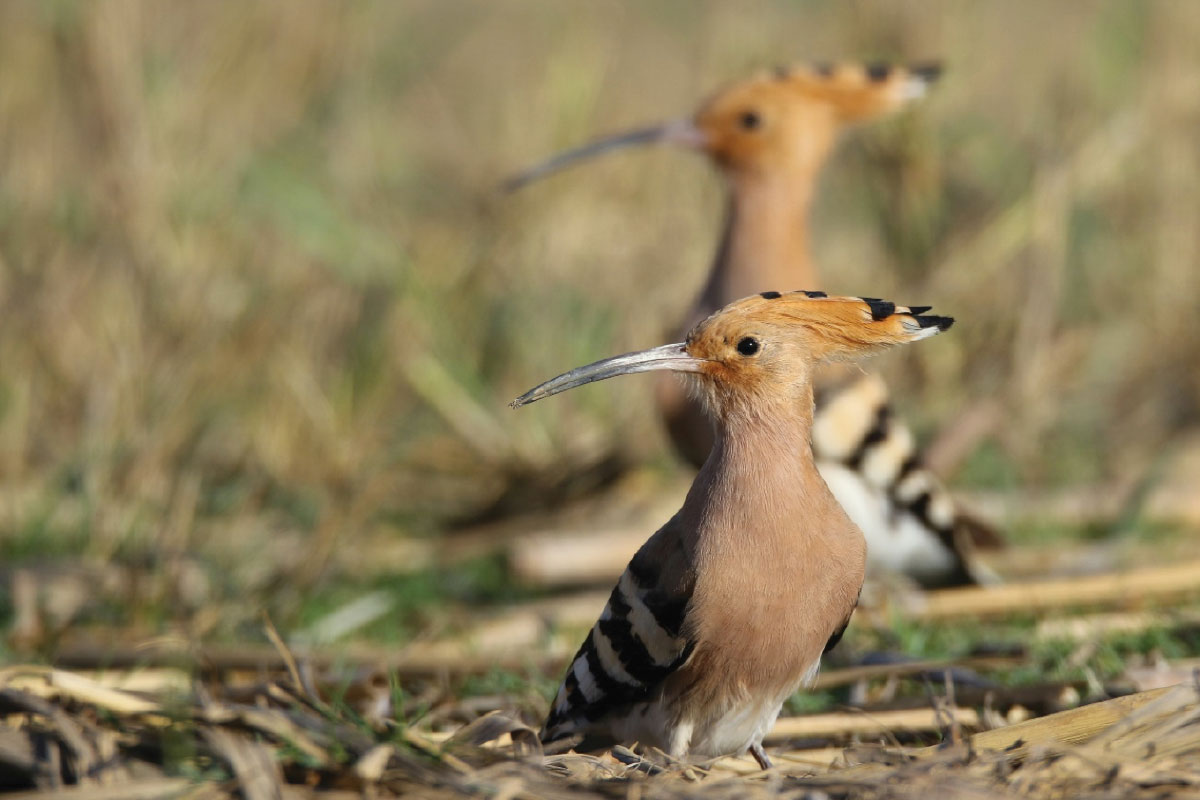
Photo: Fouad Itani
The knowledge of “Moune” making have been the survival tool of populations for thousands of years; “Moune” is the range of traditional products with long shelf life, very crucial for the survival in snowy areas and mountains. We value protecting these traditional practices and conserving the know-how from generation to generation. It offers an important role for women, who are at the heart of the production. This generates money for women living in rural areas who don’t usually have access to a job and gives them power, benefits and respect for their important work. In addition, it ensures the authenticity of organic products as well as a typical way of producing the Moune, like their mothers used to make for generations.
West Beqaa Country Club / Homat Al-hima International Company & SPNL are now partners in the newly established butterflies garden & Homat Al-hima International Park , at West Beqaa region , Hima Kheirbet Qanafar .We are leading communities for organic farming , and aromatic herbs , etc…; in fact, organic production has always been at the heart of Lebanese territory and traditions should be revived and enhanced for health and environmental reasons. The WBCC/SPNL/HHI Hima Farms , gift shops is one of the initiatives to protect the know-how and help the community. It is a message that represents the Lebanese culture. The gift shops will include locally and organically produced wine, olive oil, blossom and rose water, honey, pine nuts and “Homat al Hima the way of life, for sustainable development” books & guides , posters , bird nests & feeders , and other artisanal products from the hima communities . The gift Box will be , one of the initiatives in conserving our traditions and not losing touch with our Lebanese roots no matter where we travel. Also , to complete the hima three circles of Environment , and Socio-Economic benefits to the hima communities .
Our ultimate goal is creating hima for peace to humans & wildlife .

